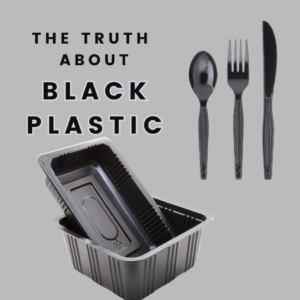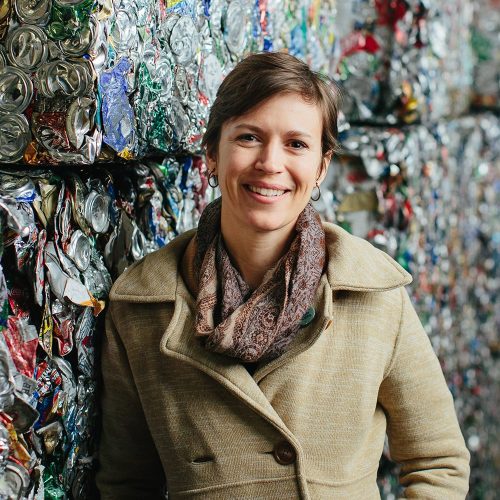
Ditching Black Plastic
Black plastics are bad news. They’re toxic, and they’re not recyclable. So why are we still using them for
As one of only a handful of nonprofit recyclers in the United States, we work to take the data and experiences from our operations and apply it to our policy and advocacy work. Working in collaboration with community partners, we are advancing systems changes to ensure recycling serves to promote a zero-waste future that prioritizes waste reduction and reuse systems.

Black plastics are bad news. They’re toxic, and they’re not recyclable. So why are we still using them for

Residents across Minnesota need free and equitable access to electronics and battery recycling. Take Action Now. Legislation enacted in 2007

As the 2025 Minnesota legislative session kicks off this month, communities around the country continue to feel the impacts of

Katie Drews
Co-President


Eureka Recycling is a founding member of the Alliance of Mission-Based Recyclers (AMBR), a coalition founded by four of the original pioneers of mission-driven, community-based nonprofit recycling in the U.S. Together we are guiding new recycling policies and infrastructure investments to rebuild credible, transparent recycling systems that serve as a bridge toward a circular economy and just, resilient local communities.